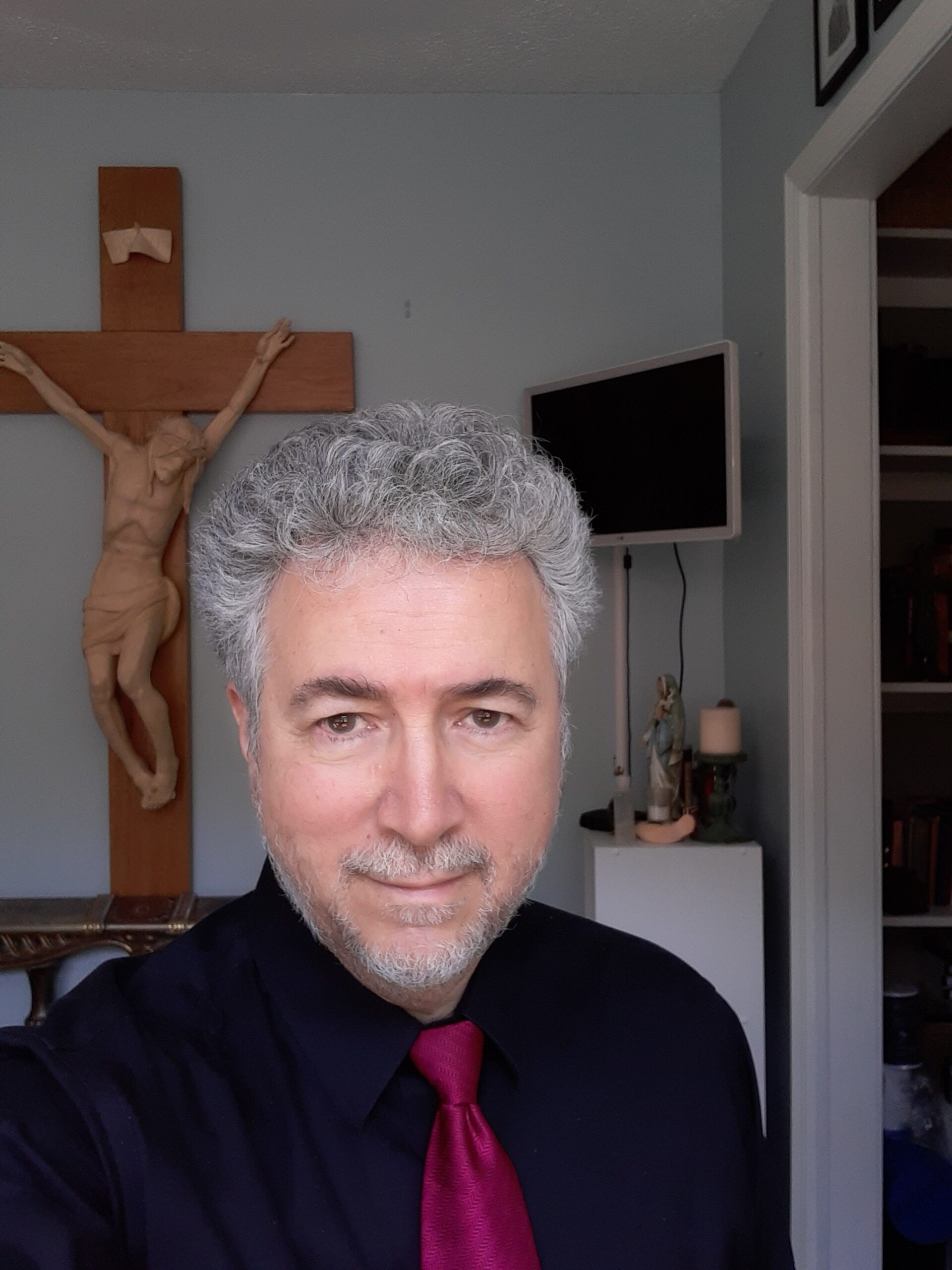Have you ever noticed that many of those who reject Catholicism have a grammar school level understanding of it? I would venture to guess these people make up the second largest group of ex-Catholics today. The largest group, I think it’s safe to say, are those who have accepted the invitation from the devil to attend his contraception-fornication-abortion party that He threw a few decades ago, and who have refused to leave or condemn it. But this second largest group, those who out of ignorance (and often arrogance) ridicule and reject the Church, are an interesting populace. As a rule, they are intelligent enough to ask the right questions but lack either the passion or intelligence to obtain and apprehend the true answers. Typical examples are their problems with Noah’s Ark story, their anthropomorphism of God, the notion of limbo, and their perceived idea of a mean, vengeful God in the Old Testament. Also typical are the two basic philosophical questions people wrestle with since childhood: a) If God is all good and all powerful why is there evil in the world (or why do the innocent suffer); and, b) If God created everything, who created God?”
It may not entirely be their fault for walking away from the anchor that God sent mankind from heaven to save us from the deluge of sin we collectively created. Catechesis has been abysmal for a long time. Yet, for those who persevere, the deeper one understands the faith as a adult the more compelling it becomes; and, with grace, the more one realizes how it answers all the yearnings of both head and heart. Great scientist Louis Pasteur once said that a little science takes you away from God but more of it brings you back to Him. The problem with this second largest population of ex-Catholics is not having no science or a lot of science, but a little science.
That is a problem with the modern western world in general. A little science. Living in an age where there is a little science and abysmal catechesis has taken its toll on the Church. Add that to a sexual revolution (revolt) against the sixth precept of the moral law and an academic establishment pridefully at war with God, and you get disaster. On a human level, that is. Those with faith know the Church’s essence is divine, and that no human sin or frailty from within, or without, can ever hinder what the Noah’s Ark story prefigured in the Old Testament: that the Church is the Noah’s Ark of the New Covenant, and all those aboard will be saved from the deluge of the world, the flesh, and the devil.

I think there is truth to this. A little science is dangerous, because it can lead people to believe they know more than they actually do.
On point! The Noah’s Ark connection is one that is most often missed.